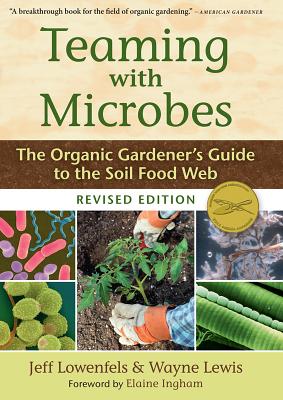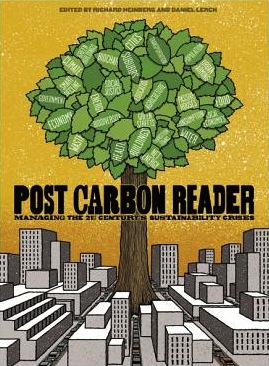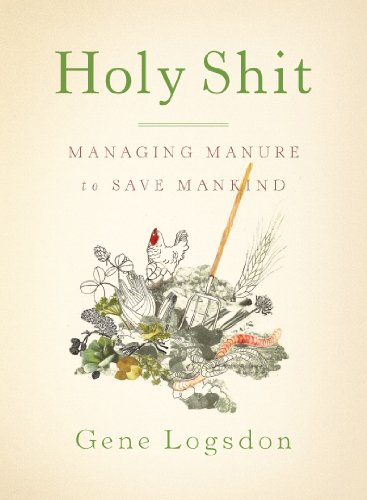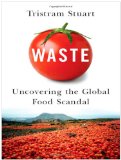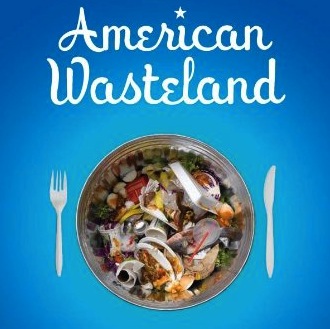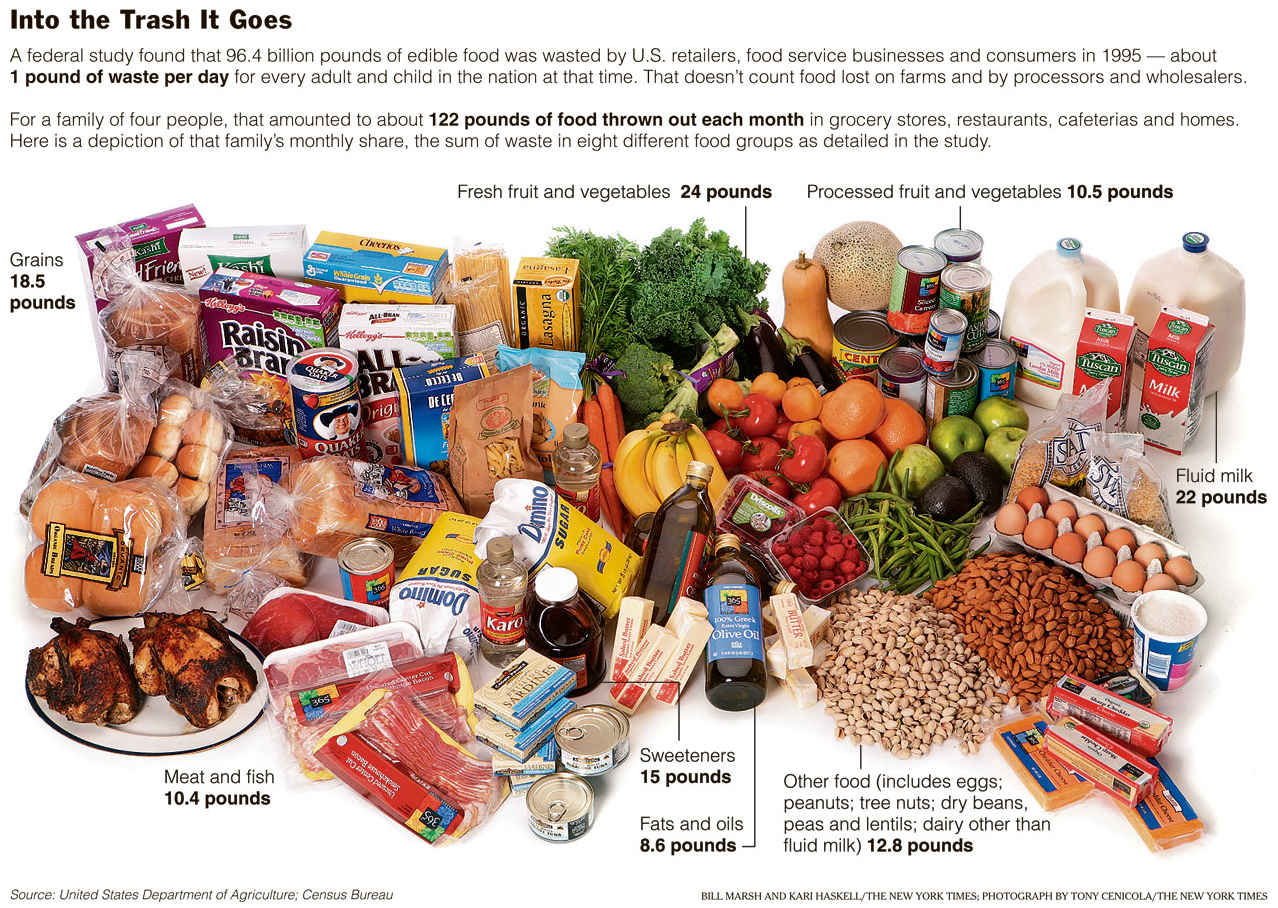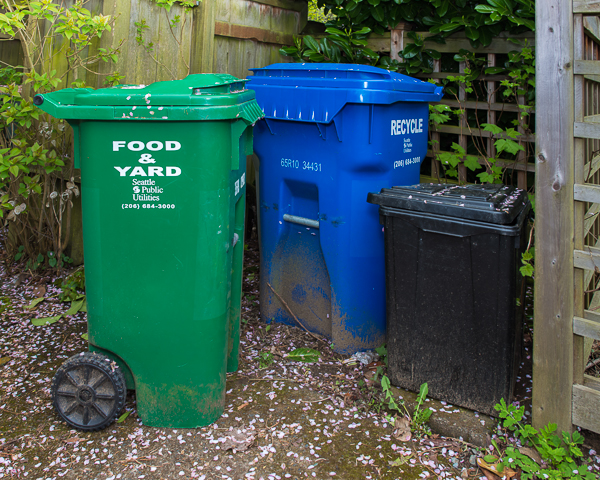Teaming with Microbes by Jeff Lowenfels, Wayne Lewis, and Elaine Ingham
Lowenfels and Lewis describe the activities of the organisms that make up the soil food web and explain how to cultivate the life of the soil. This text offers an accessible guide for gardeners who want to grow healthy, vigorous plants without resorting to chemicals.

